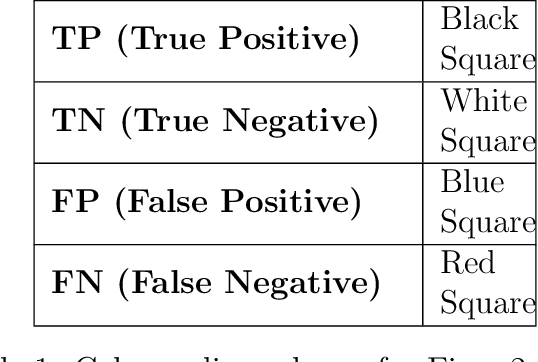Using Machine Learning to Assess Short Term Causal Dependence and Infer Network Links
Paper and Code
Dec 05, 2019



We introduce and test a general machine-learning-based technique for the inference of short term causal dependence between state variables of an unknown dynamical system from time series measurements of its state variables. Our technique leverages the results of a machine learning process for short time prediction to achieve our goal. The basic idea is to use the machine learning to estimate the elements of the Jacobian matrix of the dynamical flow along an orbit. The type of machine learning that we employ is reservoir computing. We present numerical tests on link inference of a network of interacting dynamical nodes. It is seen that dynamical noise can greatly enhance the effectiveness of our technique, while observational noise degrades the effectiveness. We believe that the competition between these two opposing types of noise will be the key factor determining the success of causal inference in many of the most important application situations.
 Add to Chrome
Add to Chrome Add to Firefox
Add to Firefox Add to Edge
Add to Edge